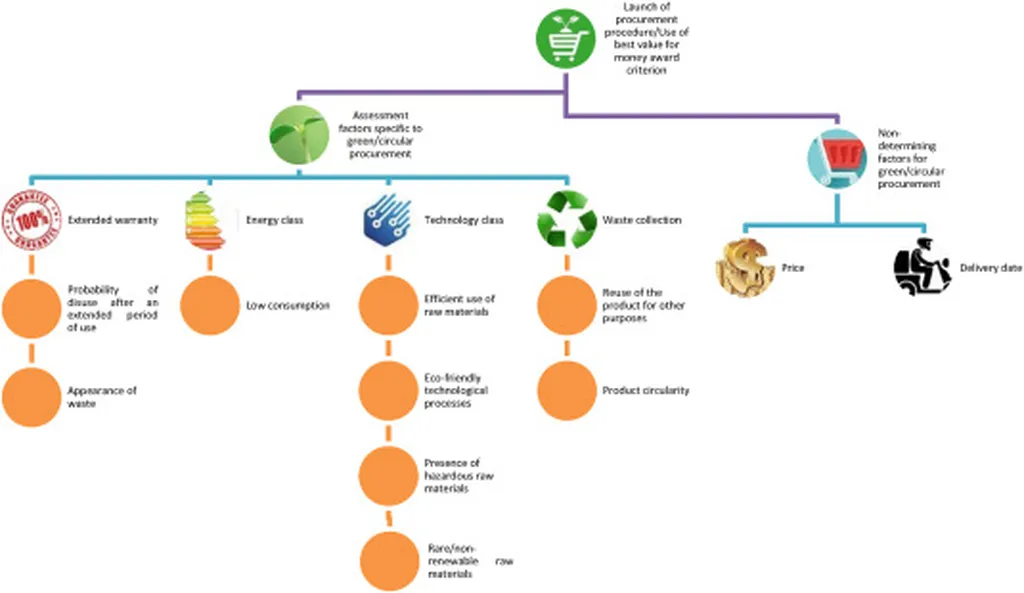In the heart of Europe, Italy is making strides towards a more sustainable future, particularly in the building and energy sectors. A recent study led by Marilena De Simone from the Department of Environmental Engineering at the University of Calabria sheds light on Italy’s progress and challenges in implementing circular economy principles in the energy transition of buildings. The research, published in the journal ‘Buildings’ (translated as ‘Edifici’), offers a comprehensive overview of the Italian roadmap, providing valuable insights for professionals in the energy sector.
The European Union has set ambitious goals to integrate circular economy principles into various sectors, including buildings and energy. Italy, with a circular materials rate of 20.8%, is already above the European average. However, the construction sector lags behind in recycling rates. De Simone’s study aims to assess Italy’s position within the European regulatory framework and highlights the opportunities and obstacles in the energy sector’s journey towards circularity.
The study reveals that Italian policies currently rely on voluntary tools, which may not be sufficient to drive an effective circular economy model. “Data collection plays a crucial role in accelerating the implementation of future actions,” De Simone emphasizes. She suggests that Italy should consider establishing a National Observatory for the Circular Economy to elaborate European directives, harmonize regional policies, and promote effective practices.
The research underscores the importance of government initiatives and technical standards in fostering circularity. It also illustrates current Italian platforms, networks, and public and private initiatives, providing a roadmap for stakeholders in the energy sector. By understanding these dynamics, professionals can better navigate the commercial impacts and opportunities that arise from the shift towards a circular economy.
De Simone’s work serves as a catalyst for thought-provoking discussions and future developments in the field. As the energy sector continues to evolve, the insights from this study can guide policymakers, industry leaders, and practitioners in making informed decisions that drive sustainability and innovation. The journey towards a circular economy in the energy transition of buildings is complex, but with the right strategies and collaborations, Italy and the rest of Europe can pave the way for a more sustainable future.

